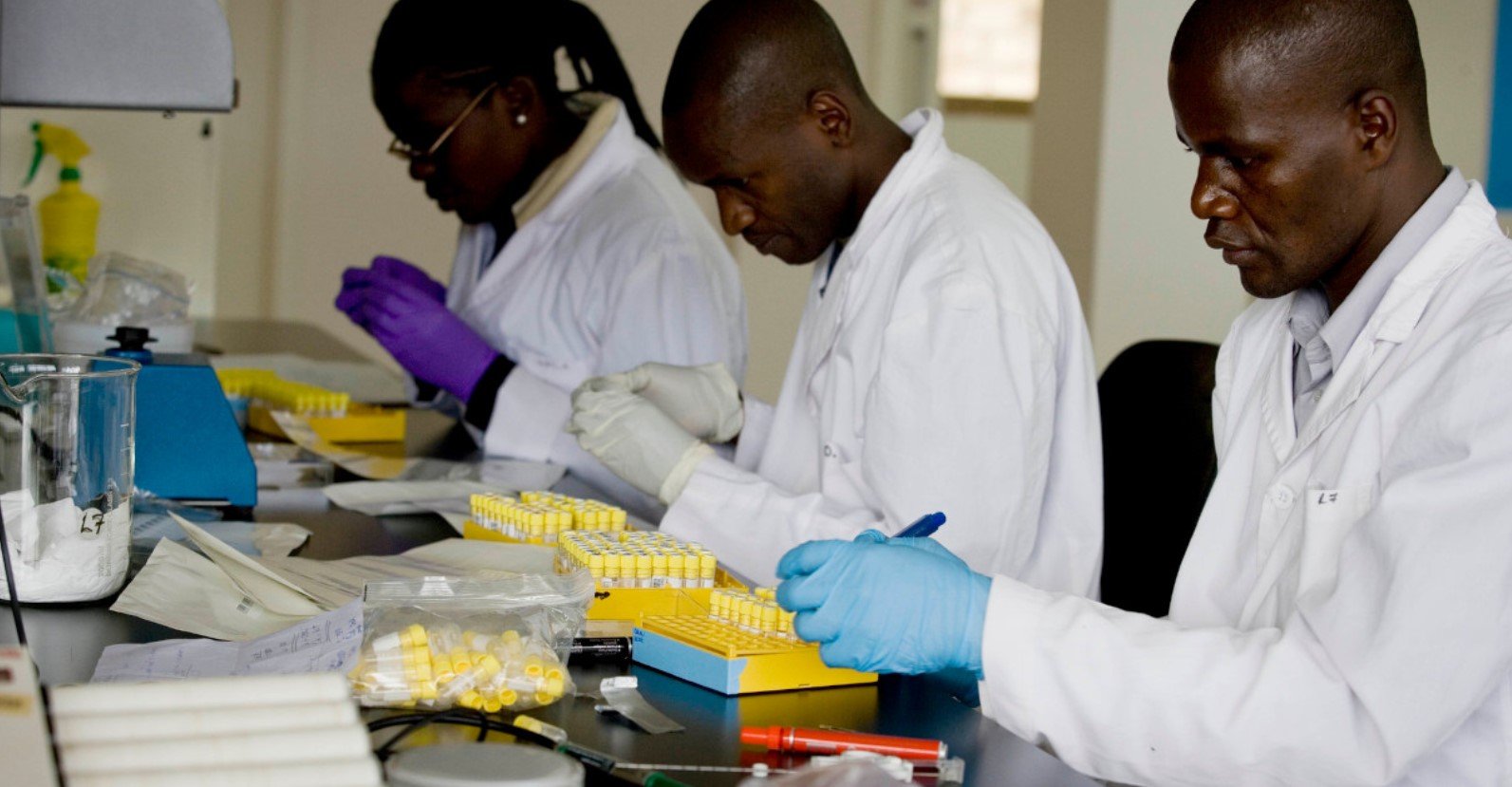The digital revolution is transforming the landscape of Information Technology (IT) in Central and West Africa. Nestlé’s innovative initiative, the “Digital Bar,” is at the forefront of this transformation, aiming to enhance employee knowledge and skills in IT. This program is designed to provide real-time solutions and equip employees with the necessary tools to navigate the digital age effectively. By leveraging artificial intelligence, cloud-based applications, and big data, Nestlé is setting a new standard for technological advancement in the region.
Empowering Employees with Digital Skills
Nestlé’s Digital Bar initiative is a groundbreaking effort to upskill employees across various functions. The program offers tools and resources that span supply chain, finance, HR, communications, marketing, sales, and manufacturing. Employees are encouraged to embrace these digital tools to improve their efficiency and productivity. The Digital Bar opens every last Friday of the month, providing a platform for employees to seek IT support and enhance their digital literacy.

The initiative includes tools like Viva Insights, Synthesia, Co-Pilot, Mural, Teams, Outlook, SharePoint, Power Bi, and NesGPT. These tools are designed to help employees leverage artificial intelligence, embrace automation, and utilize data effectively. By doing so, Nestlé aims to create a digitally savvy workforce that can adapt to the ever-evolving technological landscape.
Moreover, the Digital Bar is not just about providing tools; it’s about fostering a culture of continuous learning and innovation. Employees are encouraged to ask questions, seek clarification, and share their experiences, creating a collaborative environment that drives technological advancement.
The Impact of AI and Big Data
Artificial intelligence (AI) and big data are at the core of Nestlé’s digital transformation strategy. The company has invested significantly in these technologies to enhance its operations and improve decision-making processes. AI tools are being used to analyze vast amounts of data, providing insights that drive efficiency and innovation.
In Central and West Africa, Nestlé’s investment in AI and big data is helping to streamline operations and improve customer experiences. The use of AI in supply chain management, for example, allows for better forecasting and inventory management, reducing costs and improving service levels. Similarly, big data analytics is being used to gain insights into consumer behavior, enabling more targeted marketing strategies.
The integration of AI and big data is also enhancing employee productivity. By automating routine tasks, employees can focus on more strategic activities that add value to the organization. This shift not only improves efficiency but also boosts employee satisfaction and engagement.
Future Prospects and Challenges
The digital revolution in Central and West Africa is still in its early stages, but the potential for growth is immense. Nestlé’s Digital Bar initiative is a testament to the region’s commitment to embracing technology and driving innovation. However, there are challenges that need to be addressed to fully realize this potential.
One of the main challenges is the digital divide. While urban areas are rapidly adopting new technologies, rural areas often lack the infrastructure and resources needed to keep up. Bridging this gap is crucial to ensuring that the benefits of the digital revolution are accessible to all.
Another challenge is the need for continuous upskilling. As technology evolves, so too must the skills of the workforce. Initiatives like the Digital Bar are essential in providing ongoing training and support, but there is a need for broader efforts to ensure that all employees are equipped with the skills they need to thrive in the digital age.
Despite these challenges, the future looks promising. With continued investment in technology and a focus on upskilling, Central and West Africa is well-positioned to become a leader in the digital revolution. Nestlé’s Digital Bar initiative is just the beginning, and it will be exciting to see how the region continues to evolve and innovate in the years to come.









